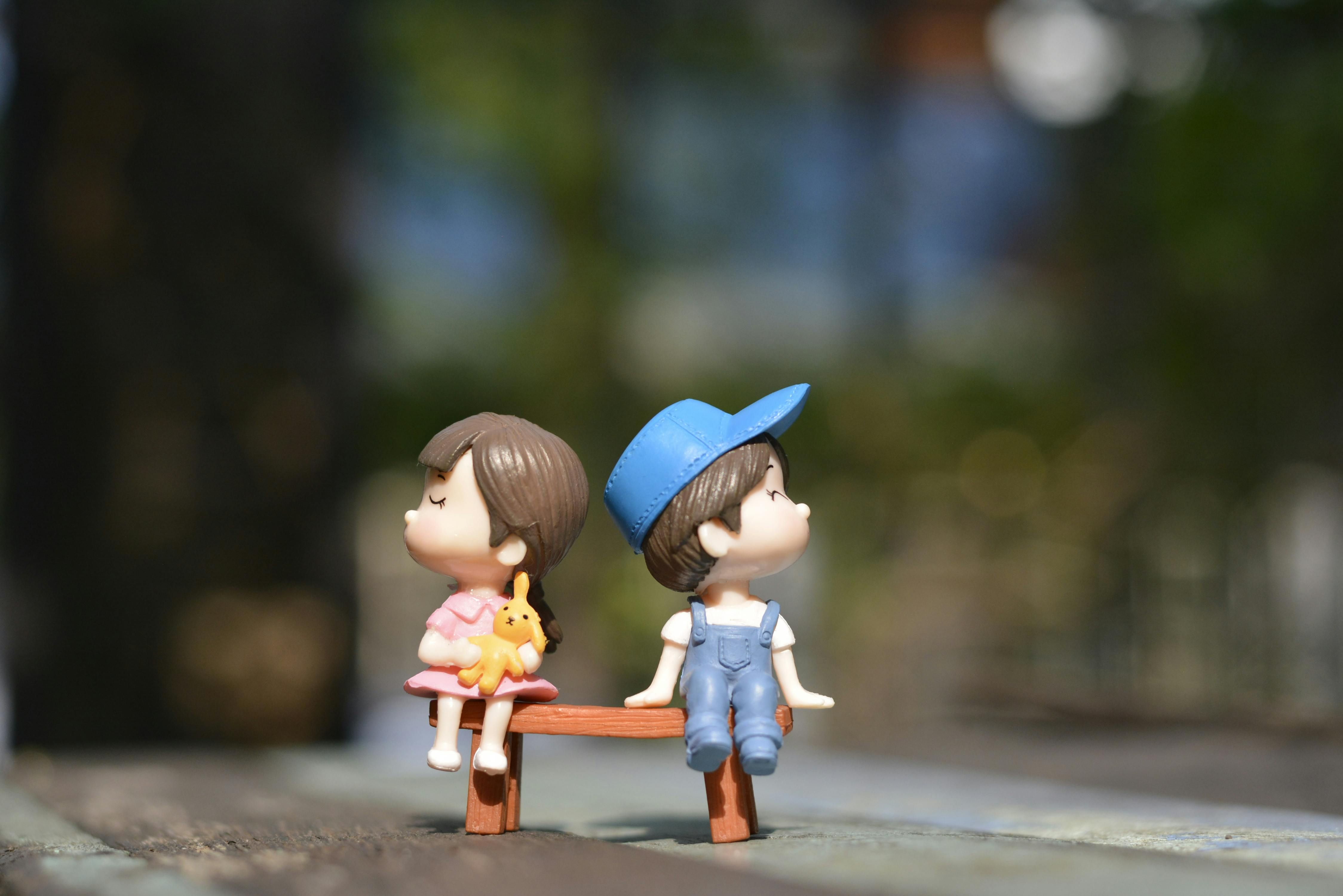When love turns to burnout, who holds who? Explore patterns, logic, and self-return in relationships that feel toxic yet magnetic.
Sep 22, 2025
When Both Are Burnt Out: Who Holds Who?
You don’t fall in love with a person — you fall in love with their patterns.
At first, it looks like chemistry. Sparks. Timing. Fate. But underneath, it’s pattern recognition.
The way they comfort mirrors the way you longed to be soothed as a child. The way they withdraw feels like the silence you grew up with. The way they laugh reminds your body of safety.
That’s why love can feel both magnetic and confusing. It’s not just two adults choosing each other; it’s two nervous systems recognizing old rhythms. Sometimes healing, sometimes re-wounding.
Real intimacy begins when you stop asking, “Why are they doing this to me?” and start asking, “What pattern of mine are they waking up?” Because so often, the conflict isn’t about now — it’s about then, replaying itself in the present.
The work of love isn’t escaping the patterns. It’s learning to see them. To pause instead of repeat. To respond instead of re-enact. To write a new ending to an old story.
So maybe the bravest kind of love isn’t about finding “the one.” It’s about finding someone willing to notice the patterns with you, and break them together.
But what happens when the nervous system burns out? When brave love gives way to toxic love? When every movement triggers an unconscious reaction buried in old pain?
This is when repulsion sets in. The body recoils because it has worked hard to move away from those very sensations. That recoil is adulthood speaking — the gift of growth and self-work. Yet, the tragedy is that the old pull of patterning drags us back in.
In this state, neither partner is willing or able to see the pattern. Both have re-armoured. Both have stopped trusting the other’s good intentions. Both default to survival strategies that feel safer, even when they’re destructive.
So who holds who when both are emotionally burnt out? The truth is: neither can.
The only way forward is logic — not cold detachment, but the conscious decision to resist old bait. Logic in this sense means turning to evidence over fear. And the evidence, when honestly faced, is usually this:
- Old patterns have resurfaced.
- Tolerance has dwindled.
- Softness has hardened into dismissal.
- What once healed is now eroding wellbeing.
And so, the work is to return to baseline. To the practices and behaviours that grounded us before co-dependency took hold. To the habits that kept us healthy and whole before we placed our fullness in the hands of another. Because love falters when we shift too far from self-love, hoping the other will sustain our growth.
When two individuals can sit back and ask, “What is this person waking up in me?” — and also, “What parts of me are being silenced in this relationship?” — then a different kind of conversation opens. One where each can take responsibility for their own patterns, without placing the burden on the other.
The beauty of this lens is that it applies even outside of relationship. The world itself can be your mirror. You can ask, “What patterns in me are being triggered by my interactions with the world?” Simply asking this places you in the pause — the space where you can respond instead of react, choose instead of collapse.
Because here’s the proof: sit with someone who asks what pattern is being woken in me, and responds with care, compassion, and softness — and your whole nervous system relaxes in seconds. Then turn back to the partner you love, who is equally burnt out, and watch how quickly you revert to old wounds.
So maybe the question isn’t, “Who holds who?”
Maybe it’s, “How do we step out as adults, instead of collapsing back into wounded children?”
Q: What happens when both partners are emotionally burnt out?
When both partners are emotionally burnt out, neither can truly “hold” the other. Instead, old patterns resurface, trust collapses, and the relationship becomes reactive. Healing requires stepping back into self-love, logic, and practices that restore individual grounding.
Q: How do you break toxic relationship patterns?
Toxic patterns are broken by pausing, recognising triggers, and choosing to respond differently. This often means returning to healthy baseline practices, setting boundaries, and taking responsibility for your own nervous system rather than relying on your partner to heal you.
Q: Why do relationships feel toxic after burnout?
Relationships feel toxic after burnout because the nervous system reverts to old survival patterns. What once felt safe now feels threatening, leading to repulsion, mistrust, and re-enactment of past wounds.
Q: Who holds who in a relationship during burnout?
In burnout, neither partner can hold the other. The work is to hold yourself first — to anchor in your own self-care, awareness, and logic — before intimacy can be restored.
Q: How can logic save a relationship?
Logic saves a relationship by breaking the cycle of unconscious reactions. When partners focus on evidence instead of fear, and choose not to repeat old patterns, they create space for adult connection rather than wounded re-enactment.
Vaya Con Dios
Need more help
Sometimes we all need a little extra support, and that's okay. If you're feeling stuck, struggling with a relationship, or simply want to make positive changes in your life, I’m here to walk that journey with you. The most meaningful step for you is to reach out and try a free session to see if we can resolve this.
Get life strategies
Join our mailing list to receive the latest news and updates.
Don't worry, your information will not be shared.
I hate SPAM. I will never sell your information, for any reason.
